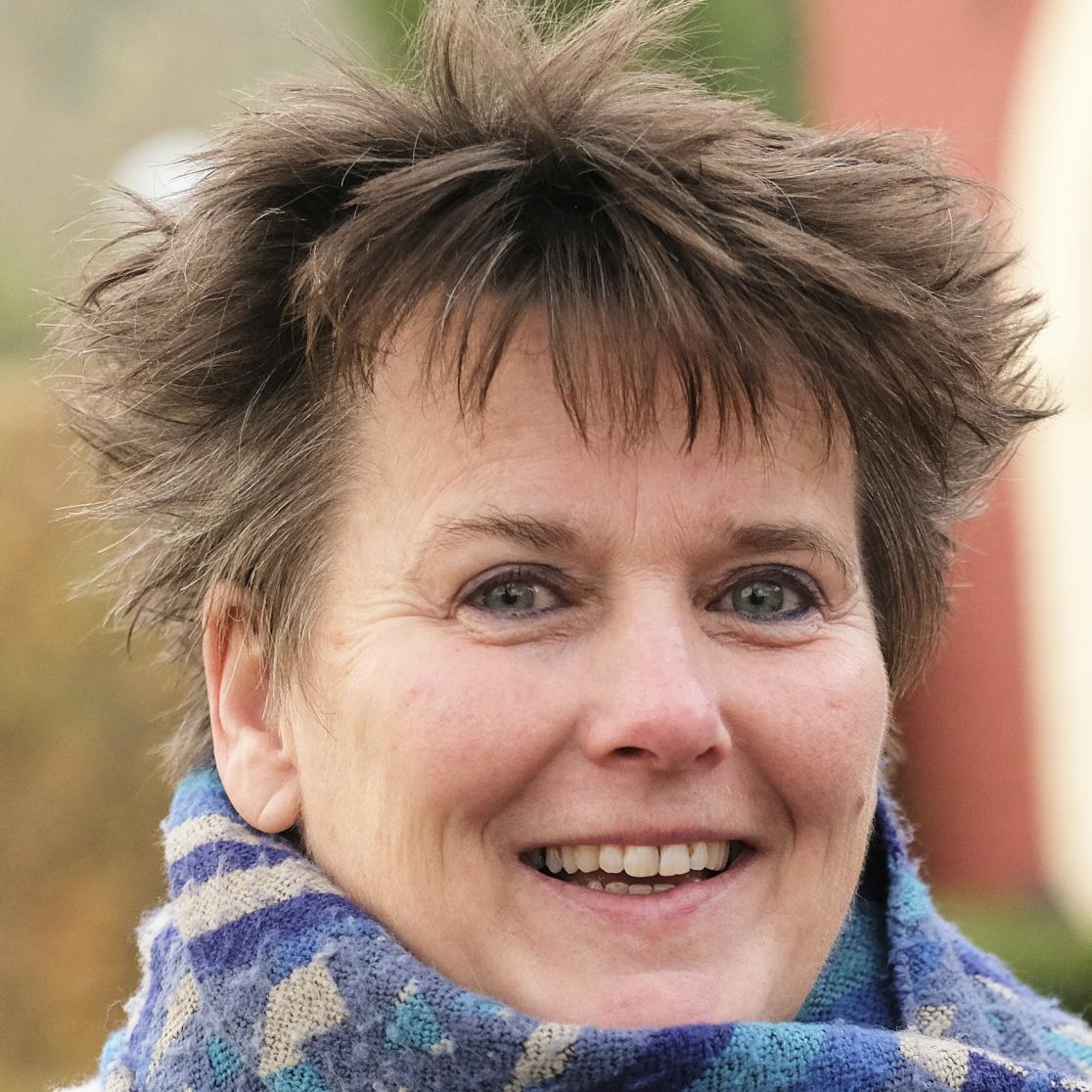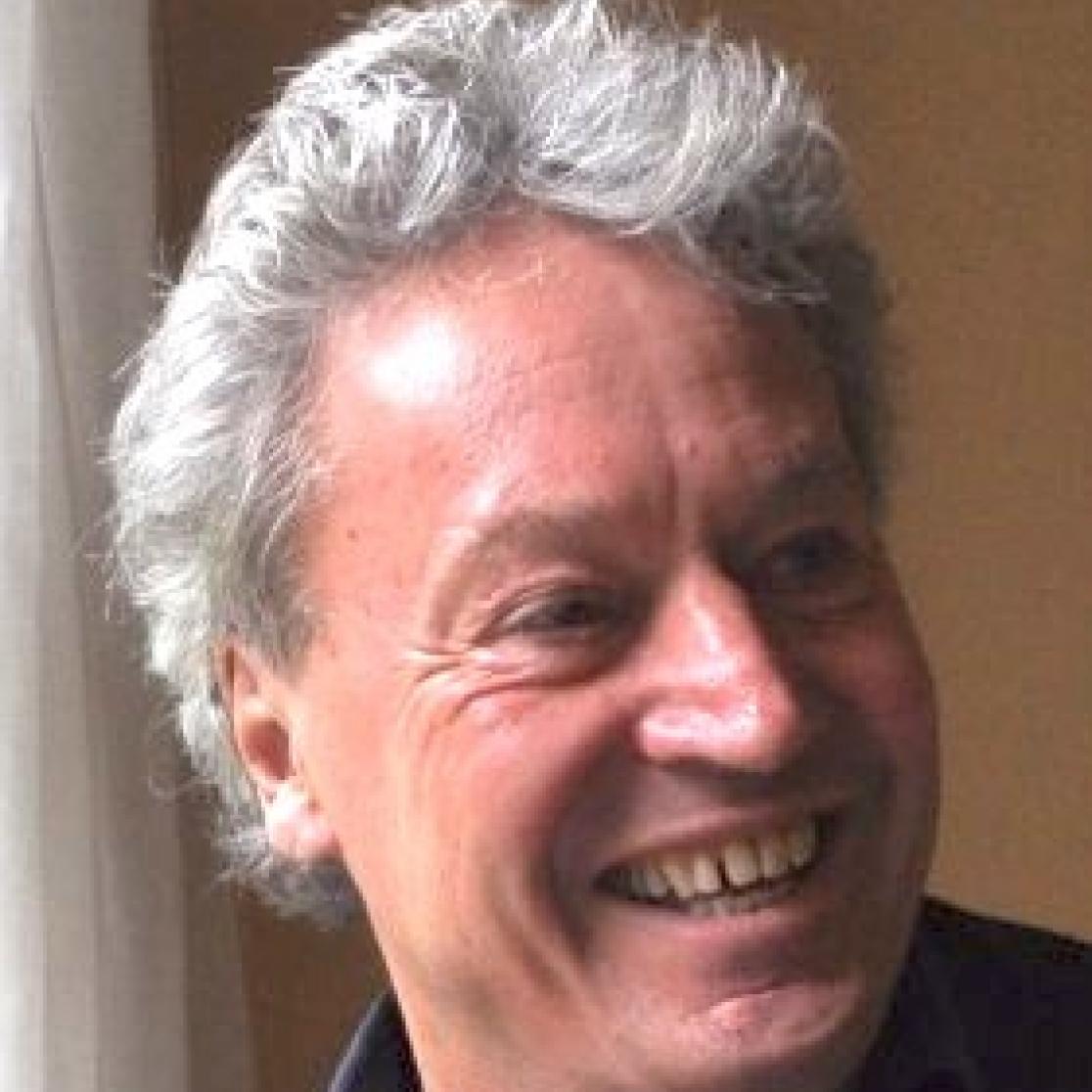Story-Based Learning in Colombia
They have both earned their stripes in the field of public health. These days Marten de Vries, emeritus professor of Social Psychiatry and Public Mental Health, is keeping busy with his foundation Mind Venture International. Klasien Horstman, professor of Philosophy of Public Health, runs projects all over the world, from the Malberg district in Maastricht to Tomsk in Siberia. Now they have joined forces to seek out tales of reconciliation in Colombia.
The training is financed by Nuffic and the Ministry of Foreign Affairs. Last summer, in Bogotá, the researchers came together with participants from the northern city of Valledupar in Cesar province for the first time. The group also included local officials, journalists, development workers, representatives of victim organisations and leaders of indigenous communities. They were there to discuss one key question: How can local media contribute to trauma recovery, reconciliation and social resilience?
“The training is based on the idea that media productions and scripts need to be rooted in the everyday reality of the inhabitants”, Horstman explains. “They need to be made with the active involvement of the communities, do justice to the diversity of experience and shades of grey, and foster the language of a return to coexistence rather than a return to violence.”
In their next trip to Colombia, she and De Vries met the same group of participants in the Valledupar region. There they developed ideas for four media productions, due to be released next spring.
The river
The year 1997 is indelibly marked in the collective memory of the Kankuamo people in the village of Atanquez, an unspoilt paradise on the Guatapurí River at the southeastern foot of the Sierra Nevada de Santa Marta. Its population was halved when, before the eyes of their fellow villagers, 400 people were summarily executed by paramilitaries. The river has come to symbolise death – but also life. The people of Atanquez swim, fish, wash, fall in love, relax, daydream and die in or by the river; even if that river is heavily polluted by the encroaching mine industry and sweeps along with it victims of violence. The villagers have decided to use a frame narrative – a literary technique in which one main story frames a number of secondary narratives – to tell the tale of the river.

Klasien Horstman (1959) is professor of Philosophy of Public Health and head of the Inequity, Participation and Globalisation research line at the Care and Public Health Research Institute (CAPHRI). Her research focuses on the dynamics of science, politics and society in public healthcare: healthy neighbourhoods, vaccination programmes, citizen initiatives etc.
Hoodie
The four productions, including the frame story about the Guatapurí River, will be unveiled this summer during a national meeting. In another, participants are writing a TV miniseries about love, relationships and violence. De Vries: “A girl from the village is raped by a guerrilla wearing a hoodie and a balaclava. A few years later, following the demilitarisation of the FARC, the boy returns to the village and she falls head over heels for him. How does he go about telling her what he did?”
The third project is a radio play about the life of the 25-year-old Constanza, who is struggling with class relations. She discovers that acting too tough hinders rather than helps her move up in the world. The play will be aired on local radio stations.
Finally, the residents of Media Luna – the silent village – are working on a children’s book about the chameleon Tirri, a story about identity. The choice for a children’s book is no accident; it is an excellent way of teaching the villagers and their children the importance of storytelling. The village elder embodied that lesson on that special night back in October. The next morning he was found, resting in peace.

Marten W. de Vries (1948) is emeritus professor of Social Psychiatry and director of Mind Venture International (MVI). As a psychiatrist and anthropologist, he studies the experience of mental illness under different sociocultural and traumatic circumstances. MVI works together with target groups to develop media productions aimed at improving mental health and social wellbeing. For this work, De Vries was recently appointed Knight in the Order of the Netherlands Lion.
By: Mark van der Linde (text), Klasien Horstman en Martin de Vries (photography)